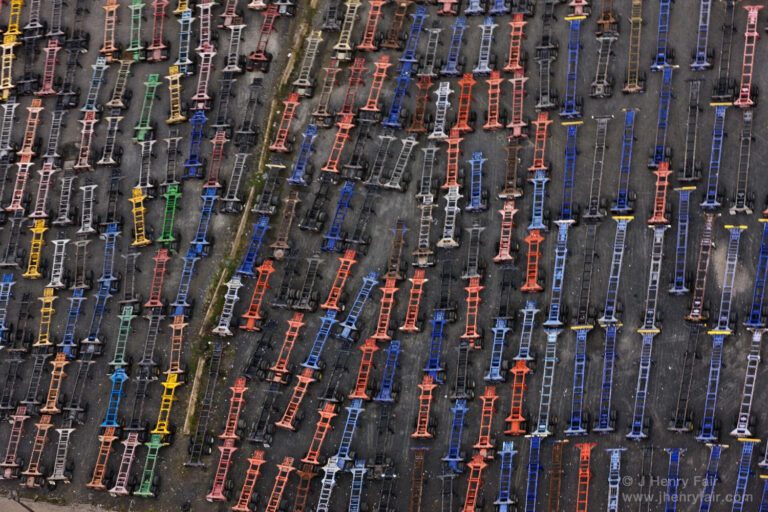Highlights
You are not alone, you are not alone in feeling in a lot of pain, having a lot of grief, feeling maybe angry, feeling afraid, feeling very sad, feeling overwhelmed. It can be overwhelming to fully turn towards what is underway. It feels I would suggest otherwise impossible except for the wisdom and practice that can support us in settling and grounding.
What the Buddha’s wisdoms and and practices invite us to do is contemplate internally and externally, to then widen the lens to see that my suffering is conditioned by a set of circumstances that I need to maybe step back and appreciate, that the way forward is not simply for me to metabolize and work with this difficulty and then get back to work, to investigate not only the sources of my own suffering but to investigate the sources of our suffering.
The pain that we feel is in some ways a testament, evidence of our belonging, evidence of our inter relationship. When we hear the news of an ecosystem in decline, or maybe in collapse, we feel it and that is evidence of our deep relationship, it is not a distant caring. It is a kind of sympathy, a connection, and that can point us in the direction of responsivity that doesn’t stop with this skin.
It’s really important and I think very helpful to see that what happens collectively has a life beyond our individual lifetimes because at the collective level we create literature, we create policies, we create institutions that outlive individual human lives. In a way what’s happening is these influential individual and collective human ways of looking and ways of responding, values, priorities, presumptions, delusions, become codified, they kind of accrue over time. So we can look back in history and see really beautiful thinking in some cases, and really deluded thinking in some cases, and then each of us is born into this, born into a culture that has a way of looking, that has priorities, and it’s very hard if not impossible for us as little beings, little vulnerable beings to refute that… so we can be really compassionate with ourselves and with each other for the ways in which we not only receive but then participate in and further cultural misunderstandings, collective delusion.
The Dharma will conceive of itself, these teachings, our communities, as apolitical, that is, not having a politics; we don’t take sides. There’s something at the root of it that’s really lovely, about the invitation to not let one’s passions have us be for or against this one or that one … but it becomes delusion when we think that what we’re doing and the way that we’re doing it is completely outside of our collective concern, that it’s not contributing to anything at the collective level. What we’re really doing is saying that whatever’s happening collectively is fine, we end up indirectly supporting status quo power relationships, status quo social practices. We’re just kind of removing ourselves and saying you know what, we’re kind of above that we don’t really go there, that’s too dangerous.
We set ourselves up as the good ones, we’re the ones who get it, we’re the ones who meet reality as it is because we practice with things as they are. And there’s again in every one of these things that I’m identifying, there’s something really beautiful about it because it is powerful to accept this is happening, this is how things are for me right now, but to say that we have an understanding that others don’t about, how the world works and how the mind works and what is the nature of suffering, yes and no. We’re a little bit too self-satisfied. I would say the error there is placing the absolute over the relative, the we’re all one over we’re wildly different and each one of us unfathomable. I don’t ultimately know myself so how could I ultimately know you.
(in regards to confronting injustice)… here the Dharma can be really helpful because the Dharma can say, actually I can cultivate a lot of okayness here and I can really take responsibility for my own reactivity and really accept, oh this is how it is and this is because of patterns and causes and conditions. And then I can work for change. Ultimately I’m not going to be completely okay, but I can be relatively steady and strong while this is so problematic.








